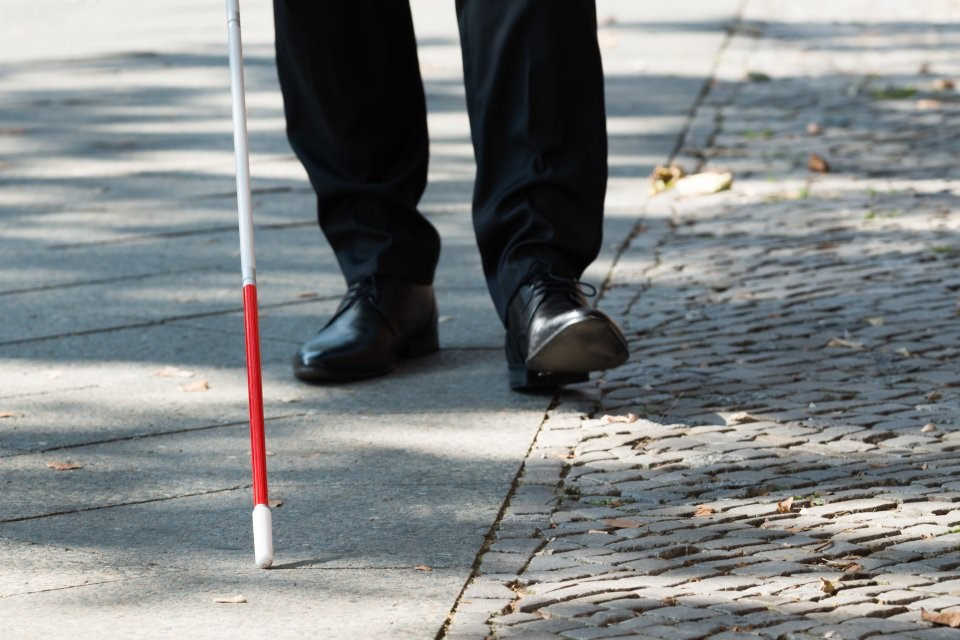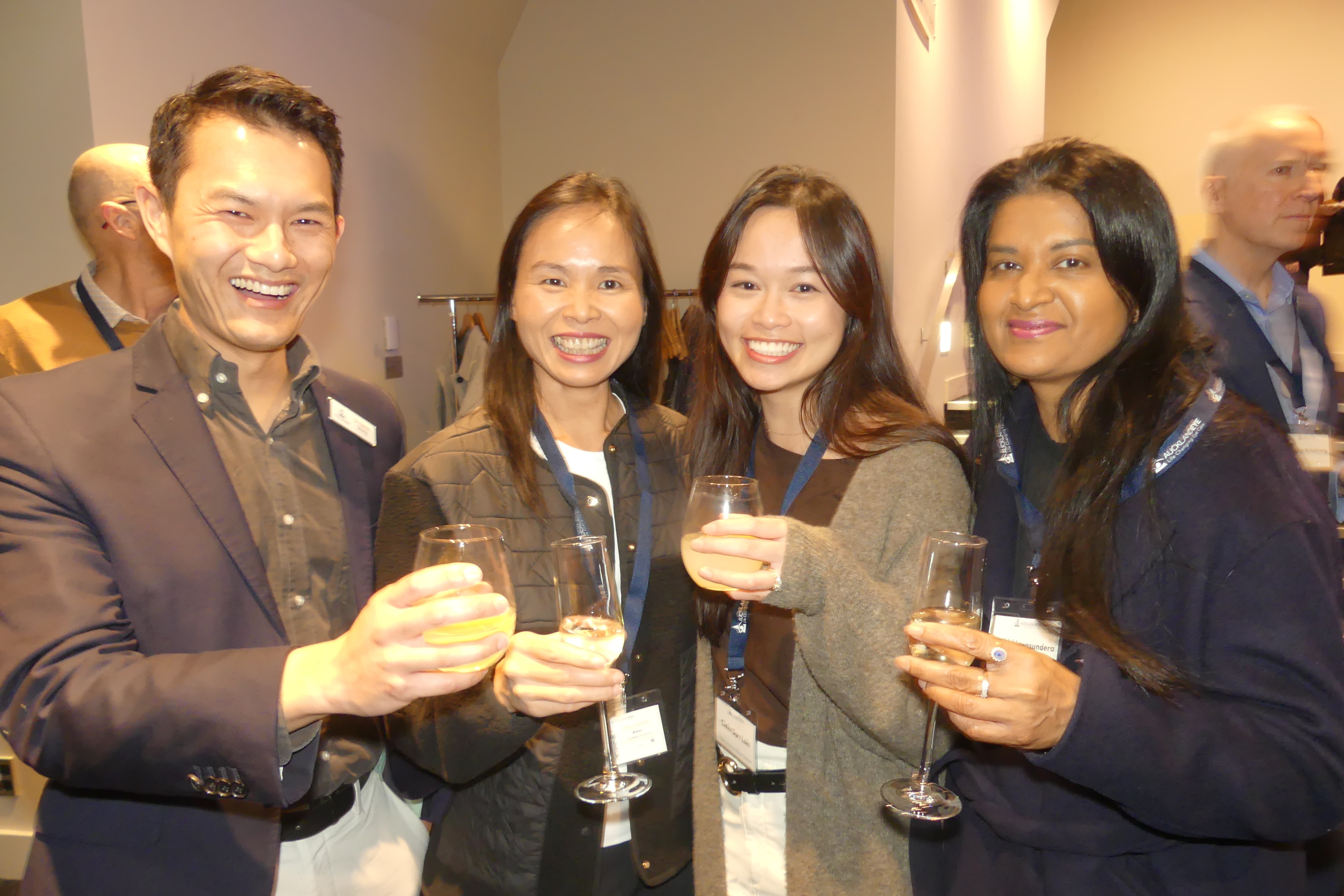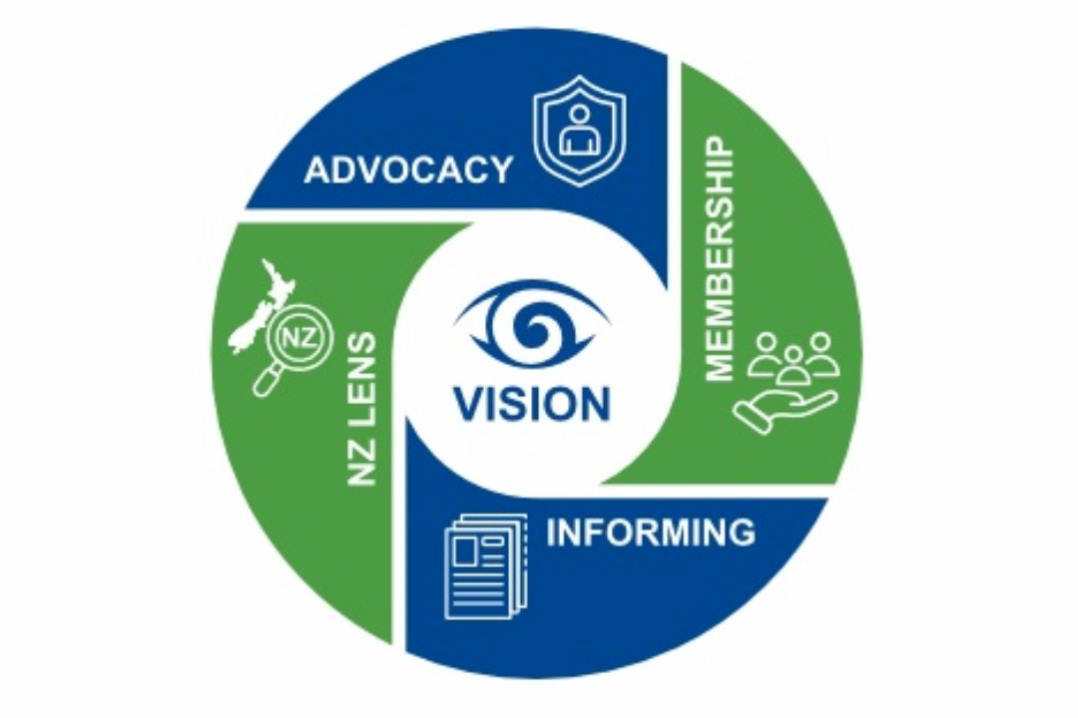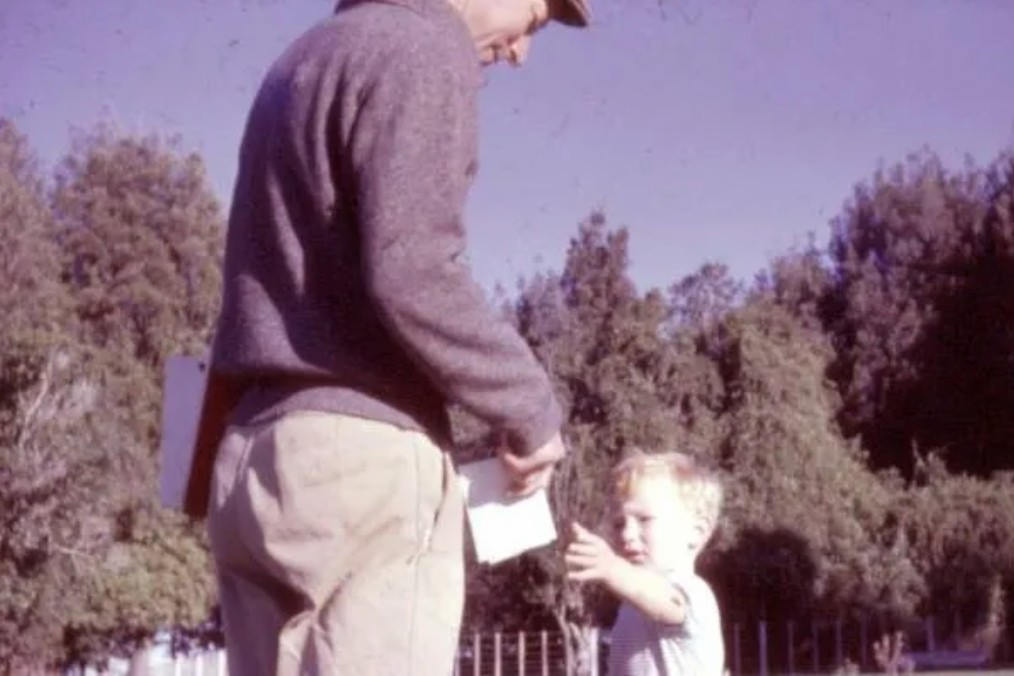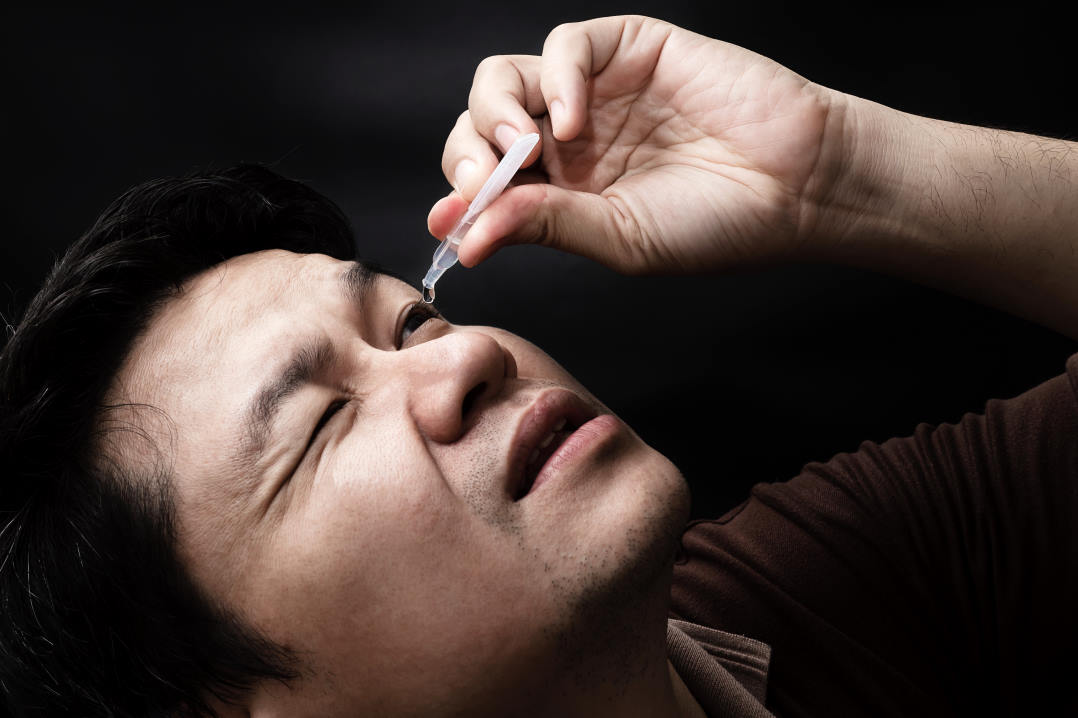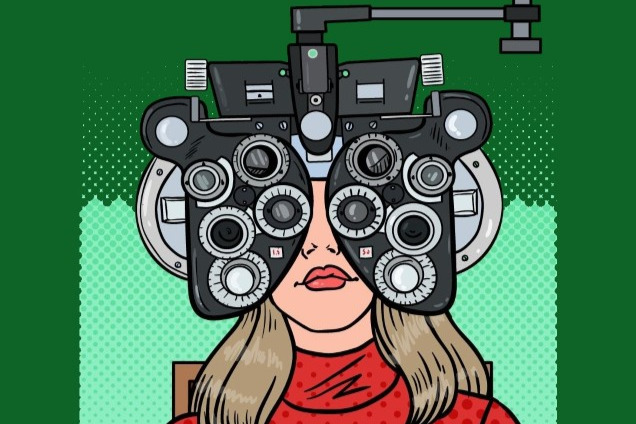Optical delusions
In pre-blindy days, life was pretty comfortable; I was a reasonably successful auctioneer/antique dealer in the family business in Dunedin, strolling towards retirement. The diagnosis of likely blindness from retinitis pigmentosa (RP) changed things: suddenly future plans and living arrangements needed closer attention. Over 20-odd years later, I'm now a fully paid up blindy, though like most, not totally sightless.
It’s fair to say I've got a bit cranky in recent years; age will do that, along with the threat of complete sight loss. Those beloved of verbal tinsel describe the process of increasing blindness as a 'journey'. It’s not a bad word, but it does imply a willing destination and tends to skate over the frustration and disappointments along the way. During my 'trip' I've met a lot of folk associated with sight problems, some dedicated, some delightfully inspirational, others sadly entrenched in the concept that dealing with blindness is a serious business.
Like most Brits raised in pre-PC times, I reckon poking fun can be healthy, even where disability is concerned. Please note, I use the term 'blindy'; it’s not intended to be insensitive, it just works best for me.
There are people who can help
Declared 'officially blind', my first port of call was Blind and Low Vision NZ, formerly The Blind Foundation. By this time, I was beginning to feel like a prize in an optical pass-the-parcel game. It was a major step and the start of one of the more confusing parts of the 'journey'. There was little doubt that I had the thing, but not much actual evidence. I could work OK, read pretty well and wander down to the pub for a pint in the evening. Somewhat reluctantly, I attended a few group meetings at the Foundation branch in Hillside Road but soon gave up. I just didn't feel part of things; sitting round a table with folk I could clearly see, listing to their vision problems and discussing disabilities I had no conception of made me feel a bit of a fraud.
But RP is persistent and, gradually, I began to notice an increased difficulty in negotiating crowded areas. Cafés, supermarkets and eventually footpaths required a degree of caution, hurrying became a no-no and fellow pedestrians were potential obstacles. To avoid collisions, it was important to let my fellow travellers know that I had a sight problem. The first attempt at solving this was for me to wear a little black badge decorated with a white walking stick. This worked well for those coming at me at a leisurely pace with 20/20 vision, but other folk seemed committed to physical contact, along with lamp posts and trees. Following the abandonment of the badge system, I was passed to 'the Cane Man' (my title). Best described as 'coiled', he reminded me of my old school PE teacher, devoted to the committee-of-one theory and unaware of the concepts of ‘difficult’ and ‘can't’.
Despite not needing one himself, my mentor had boundless enthusiasm for white cane use. At the time, it looked simple enough: you just tapped ahead of yourself and everybody got out of your way. In reality, it’s quite complicated. First up is coordination, left step equals right tap. Not having any dancing ability, I found this difficult and often had to resort to a soft shoe shuffle to get back into sync, much to the pointed amusement of my tutor. Then there's the tip, this is the bit that sends the information from the ground up. Most favoured are the 'marshmallow' and 'pencil' tips, but both require a light surgical precision I couldn't master, jamming into the smallest obstacles at one end whilst ramming the top bit into my gut.
Pain and sheer frustration were minor irritants in the Cane Man’s world, but my mentor did eventually rule them out in favour of the 'tennis ball', which provided the breakthrough. I still use it! It trundles along about three feet ahead of me, warning of kerbs and stairs, gliding over crevices that would have previously sparked a stream of curses. Thus equipped (he decided), I was ready to go solo.
Born in the UK, our “white caner” columnist Trevor Plumbly, a retired arts and antiques dealer from Dunedin, was diagnosed with RP more than 15 years ago. In 2008, when sight loss put a stop to the antiques dealing, Trevor and his wife Pam relocated to Auckland to be closer to family.









